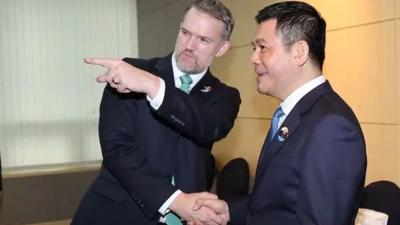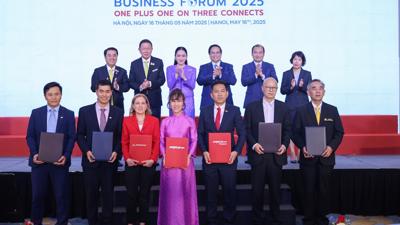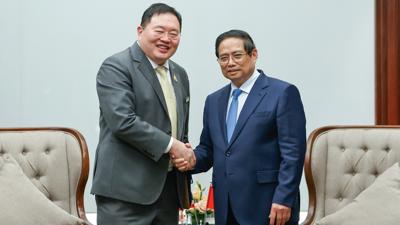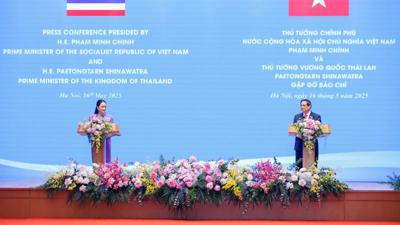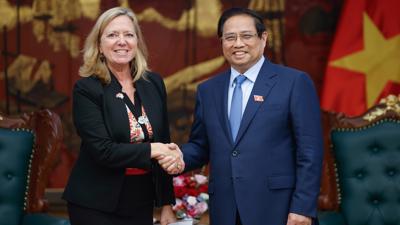Carbon market is to be piloted during 2025-2028
During the pilot phase, no sales to foreigners as well as regulations on credit exchanges with regional and global markets will be made, except for carbon exchange activities under international agreements.
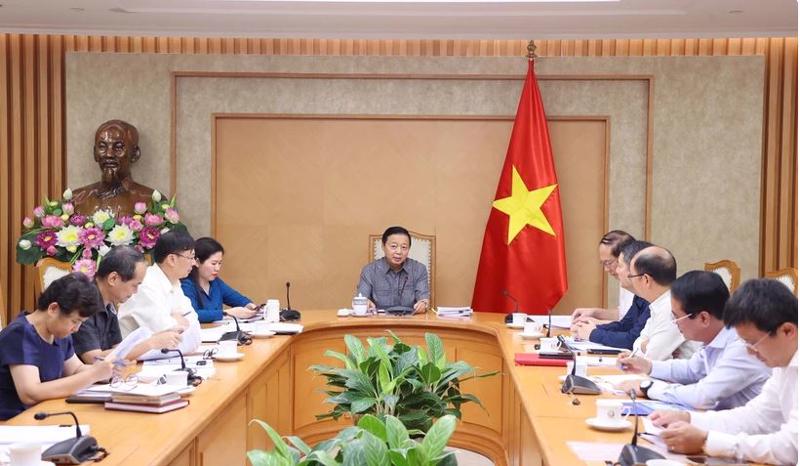
According to a draft project on establishing and developing a compliance carbon market, discussed at a meeting held on October 7 under the chair of Deputy Prime Minister Tran Hong Ha, Vietnam will operate its carbon credit market on a trial basis during 2025-2028 without any sales to foreigners as well as regulations on credit exchanges with regional and global markets.
Deputy Prime Minister Tran Hong Ha was quoted by the Vietnam News Agency as laying stress on the smooth operation of the domestic carbon credit exchange regarding legal regulations, human resources and policy mechanisms during the period.
Over the three-year span, international transactions will not be made, except for carbon exchange activities under international agreements, the Deputy Prime Minister said, adding that from 2029, the market will be fully operated across the nation, with a study of the ability to link up with international markets.
Under the project, the compliance carbon market will contribute to concretizing greenhouse gas (GHG) emissions reduction targets at low costs under the Nationally Determination Contributions (NDC) while creating new financial flows for GHG emissions cut, bolstering green transition and low-emission technologies.
It aims at improving the competitive edge of Vietnamese firms both domestically and internationally, branching out low-carbon economy, and responding to climate change towards net-zero target by 2050.
It lays out five groups of missions and solutions regarding goods traded in the market, participants in the market, carbon credit exchange, operation of the market, and improvement of public awareness and capacity.
The Deputy Prime Minister said that the implementation of the project must be aligned with international practices, including legal system, organization of consultations with foreign partners, and necessary conditions to connect the domestic market with the international one in the future.
He ordered the Ministry of Finance (MoF) to work closely with the Ministry of Natural Resources and Environment (MoNRE) and other competent ministries and sectors to meticulously review legal documents on the establishment, operation, management, and supervision of the domestic carbon market.


